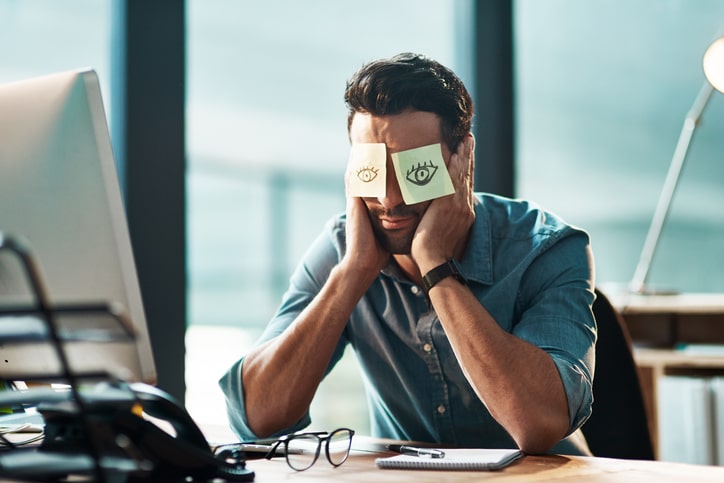Why would I need an Eye Specialist?

Many people don’t regularly see an eye doctor. Some people very rarely see an ophthalmologist, and many only see an optometrist when it’s time to change the prescription on their eyeglasses. There are conditions, however, that require an eye doctor’s attention. How do you know when you need an eye specialist?
Certain symptoms should prompt you to make an appointment with an eye specialist.
- Trouble focusing could be a sign of a medical issue. The eye specialist is a good place to start trying to find answers, though, because many eye-related problems cause blurred vision or trouble focusing. These include macular degeneration, astigmatism, cataracts, keratoconus, and glaucoma.
- Visual disturbances like floaters, flashes of light, and obstructed vision may or may not be serious. Floaters are usually harmless but if you have pain along with these floating spots in your field of vision, it could be an indication of a retinal detachment or a retinal tear.
- Frequent headaches can be a sign of changing vision. If you’re having reoccurring headaches, you may be straining your eyes trying to focus. Visiting the eye specialist may be the way to find out what’s causing your headaches.
- Eye pain, fatigue, or strain often happen after a late night or because of allergies, colds or flu. If the pain is ongoing, though, it can mean an eye infection or an early warning of a change in your vision. If your eyes feel fatigued or strained after reading or driving, you may need glasses. Moreover, if you just feel fatigued in general, the problem could be that your eyes are struggling to focus.
- Eye infections cause symptoms like discharge, eyelid swelling, itchiness, redness, or a pink tinge to the whites of your eyes. If you have any of these symptoms, it’s important to see an eye specialist, because eye infections can be extremely contagious. Conjunctivitis and blepharitis are two examples of eye infections, and a chalazion is an eyelid cyst that can cause swelling and pain. A corneal ulcer is caused by an infection in the cornea, and if you wear contact lenses you may be at risk. An eye specialist can treat all of these conditions, typically with antibiotics and pain medication.
- Squinting can mean you need eyeglasses. If you squint and have a lazy eye, you absolutely need an eye specialist. Sometimes, especially in children, these problems can lead to permanent vision loss if they’re not treated.
- Light sensitivity is not necessarily a problem. All eyes are somewhat light sensitive, even if they’re healthy. However, if your eyes suddenly seem much more sensitive to light than usual, see an eye doctor in order to make sure the problem isn’t an eye disorder like uveitis.
Even if you don’t have any of these symptoms, it’s smart to see an eye specialist regularly for preventative care. Many serious eye conditions have no symptoms but should be caught early for the best outcome. Regular eye exams can keep your eyes healthy, so most experts recommend a comprehensive eye exam every one to two years.
If you’re looking for an ophthalmologist or optometrist in Derry, Londonderry or Windham, Spindel Eye Associates is here for you. Celebrating over thirty years in eye care, we proudly provide our patients with personalized eye care, using top of the line technology. For more information or to schedule an appointment call 603.421.6536 or contact us through our website.
RECENT POSTS
categories
- Uncategorized
- Eye Exams
- Lasik
- Spindel Eye Reviews
- Cataracts
- Dry Eyes
- Refractive Errors
- Infographic
- Glaucoma
- Macular Degeneration
- Ocular Diseases
- Pulsed Light Therapy
- IPL
- eye care
- eye health
- Eye irritation
- Eye Syndrome
- Eye Doctors
- Diabetes
- Contacts
- LASIK Surgery
- dry eye syndrome Manchester
- Glasses
- Vision Care
- LipiFlow
- Contact Lenses
- Astigmatism
- Crizal Prevencia
- Spindel Eye
- Children
- skin cancer
